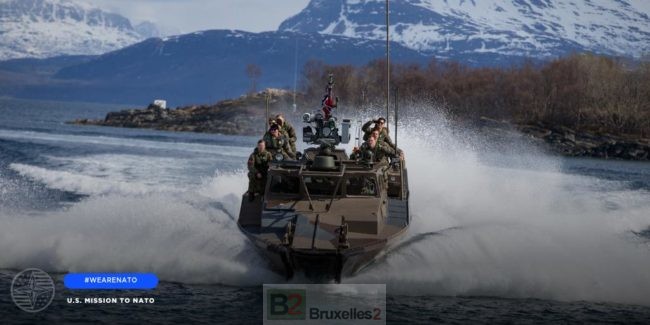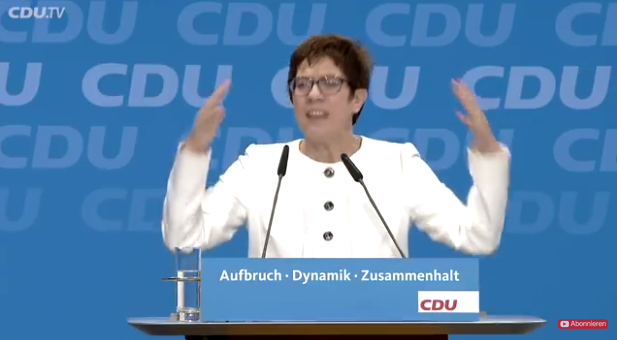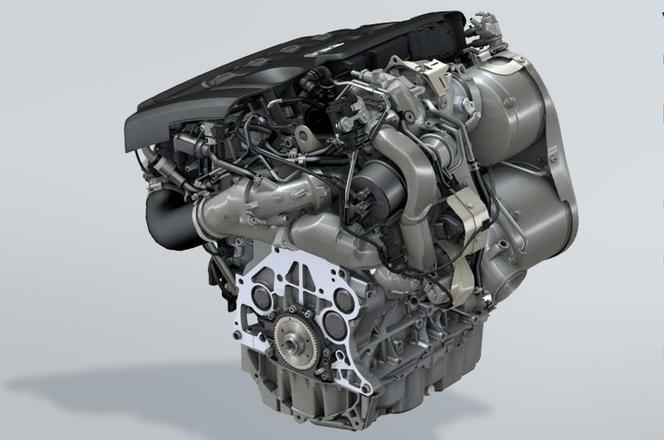Why Europeans fail to convince when buying military equipment
(B2) Month after month, the results are falling. When given the choice, some Europeans prefer to buy American rather than European. For what ?

A defense purchase is not just a purchase
When it comes to defence, a country does not buy only a material, it responds to a story — maritime, terrestrial tradition, etc. —, an internal geopolitics — neutrality, non-aligned, aligned, autonomous —, a self-affirmation — the desire to prove its power to the people, to its neighbors —, a geopolitical context — proximity or not of felt or real adversaries —. The desire to have equipment autonomy, or not, stems from all these factors.
The best defense against an opponent...
Faced with Russia, many European countries believe that the best defense remains the United States. It is therefore not a question of loosening the ties that exist with the USA, but of tightening them. And the best means then remains the purchase of equipment, which clearly solidifies this Euro-Atlantic link.
The duplicity of the call to spend more
This is the duplicity of the call to spend more on defence. Call widely supported by the Americans. Beyond the justified objective of sharing the burden between Europeans and Americans, the pressure has a purely economic objective: to favor American industry, which is the only one to meet both industrial (equipment) and operational objectives (interoperability), economic (lowest bidder) and political.
The full panoply of Americans
The supply of military equipment is accompanied by logistics, armaments and training. An ordinary 'package' for this type of armament. But the Americans have a much more complete panoply, which ranges from the credit financing tool to logistical support in external operations, including the presence of troops or equipment in the countries concerned, intended to reassure them in the face of worrying neighbors, a permanent forcing of their policies, without forgetting the reception of young or less young officers or non-commissioned officers trainees in their schools.
A notable American training effort
For Romania alone, for example, the country which currently presides over the destinies of the European Union, 700 officers cross the threshold of one of the US military schools, from reputable war schools to simple schools for national guards. This forges reflexes, a common culture, camaraderie, solidarity... and the habit of using certain materials. Little wonder then that everyone in the Romanian army is convinced that it is necessary to buy this equipment.
A reflection to engage
If the Europeans want to defend their equipment even a little bit, we will have to think seriously about equipping ourselves with these five tools: exchanges and reception in European schools — theErasmus advocated in the late 2000s has somewhat fallen into oblivion (1) — cross-funding, presence in countries (which is not dispersed).
(Nicolas Gros-Verheyde)
(1) Erasmus military, first assessment with counted steps
Also read our file No. 71. Thinking about the Europe of defense tomorrow


Privileging the security of his country via a US ally who vassalizes the states through his military industry, this does not mean guaranteeing a lasting peace to his peace, it on the contrary accentuates tensions with an even more more aggressive. Then to favor the USA is to send a very negative signal to other Europeans “I DO NOT TRUST IN YOU”. This mistrust for 70 years freezes any positive progress towards a more integrated and therefore more effective Europe. A US Strategy which therefore pays because this nation has never liked the EU.